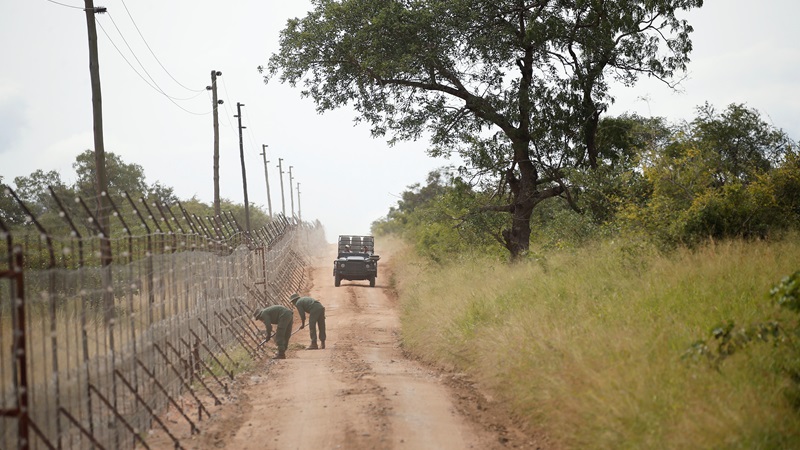Local communities will be able to officially challenge UN-registered carbon credit projects before and after they are up and running
The new global carbon market being set up under the Paris Agreement will have a system to prevent carbon credit developers from grabbing land or water from local people, polluting their air and other abuses.
At a meeting in the German city of Bonn last week, government negotiators and experts from around the world approved an appeals and grievance procedure for the UN’s proposed Article 6.4 carbon crediting mechanism.
Maria AlJishi, chair of the body in charge of establishing the market, said in a statement that by introducing the procedure, “we’re establishing new avenues to empower vulnerable communities and individuals, ensuring their voices are heard and their rights are upheld.”
Isa Mulder, a researcher with campaign group Carbon Market Watch, told Climate Home the agreement on policies to challenge carbon credit projects before and after they are implemented was “quite a historic moment”. “This is pretty big,” she added.
The previous UN carbon market – called the Clean Development Mechanism (CDM) – did not have any such procedures. It, and other carbon markets, have been plagued by allegations they have harmed local people and their livelihoods, as well as often not delivering the emissions reductions claimed.
Negative local impacts
In one CDM project in Uganda, Carbon Market Watch said villagers were being denied access to a tree plantation’s land which they used to grow food, graze livestock and gather firewood. In another CDM project in India, the National Green Tribunal found a waste incineration plant was releasing cancer-causing toxic chemicals into Delhi.
Road row in protected forest exposes Kenya’s climate conundrum
A hydro-electric plant in Guatemala, financed using the CDM, stopped local people reaching water to fish, wash coffee and bathe, while another plant in Chile diverted rivers, endangering the water supply to the country’s capital Santiago.
To prevent such abuses, governments have agreed that the CDM’s replacement – under Article 6.4 of the Paris pact – will have processes to make appeals and raise grievances. The appeals procedure is to challenge projects before they begin, and the grievance procedure will apply once they are in place.
Retribution risk
Only people directly affected by a carbon credit project can file a grievance – and only if they have suffered “adverse effects of a social, economic or environmental nature” caused by it.
After a grievance form has been filled in and published on the UN climate change website, an independent panel will have two weeks to put together recommendations to the
Read More

